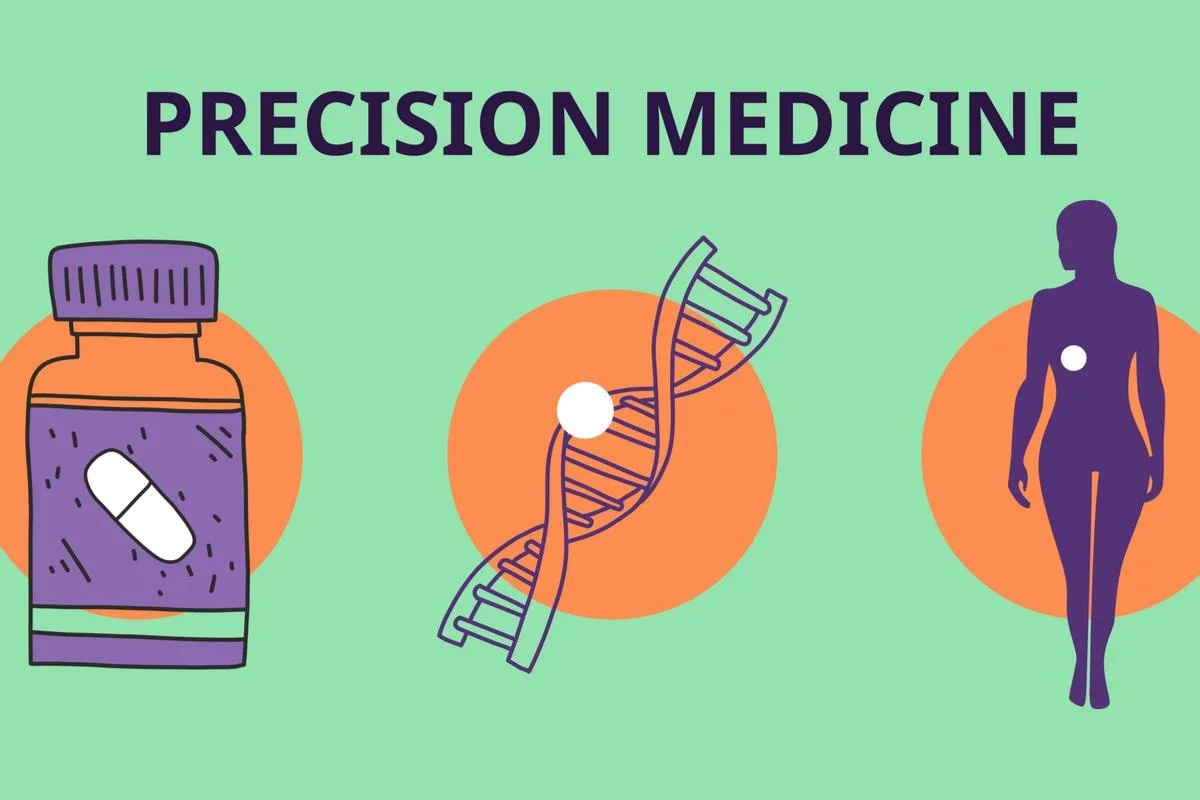Personalized Medicine A Tailored Approach to Healthcare
Personalized medicine is a revolutionary approach to healthcare that focuses on tailoring medical treatments to an individual’s specific genetic makeup, environment, and lifestyle.1 By analyzing a patient’s unique biological information, healthcare providers can make more accurate diagnoses, predict disease risk, and select the most effective therapies.2
The Power of Precision
Traditional medicine often relies on a “one-size-fits-all” approach, where treatments are based on average responses.3 However, individuals can respond differently to medications and therapies due to genetic variations.4 Personalized medicine aims to overcome this limitation by:
- Genetic Testing: Analyzing a patient’s DNA can identify genetic variations that may influence their susceptibility to certain diseases or their response to specific drugs.5
- Biomarkers: Measuring biomarkers, such as proteins or other molecules in the blood or tissues, can help assess a patient’s disease status and monitor treatment response.6
- Lifestyle Factors: Considering factors like diet, exercise, and stress levels can help tailor treatment plans to an individual’s specific needs.7
Benefits of Personalized Medicine
Personalized medicine offers several potential benefits, including:
- Improved Treatment Outcomes: By selecting the most effective therapies, personalized medicine can lead to better treatment outcomes and reduced side effects.8
- Earlier Disease Detection: Genetic testing can identify individuals at high risk for certain diseases, allowing for early intervention and preventive measures.910
- More Effective Drug Development: By understanding the genetic basis of disease, researchers can develop targeted therapies that are more likely to be effective.11
- Reduced Healthcare Costs: Personalized medicine can help reduce healthcare costs by avoiding unnecessary treatments and minimizing adverse drug reactions.12
Challenges and Future Directions
While personalized medicine holds great promise, there are several challenges that need to be addressed:
- Ethical Considerations: Concerns about privacy, genetic discrimination, and equitable access to personalized medicine need to be carefully considered.
- Data Privacy and Security: Protecting sensitive genetic information is crucial to ensure patient trust and prevent unauthorized access.13
- High Costs: The cost of genetic testing and personalized therapies can be significant, limiting access for many individuals.
Despite these challenges, the future of personalized medicine is bright. As technology continues to advance, we can expect to see even more innovative approaches to tailoring healthcare to individual needs. By embracing personalized medicine, we can move towards a future where healthcare is more effective, efficient, and equitable for all.
Would you like to know more about a specific aspect of personalized medicine, such as its applications in cancer treatment or rare diseases?

